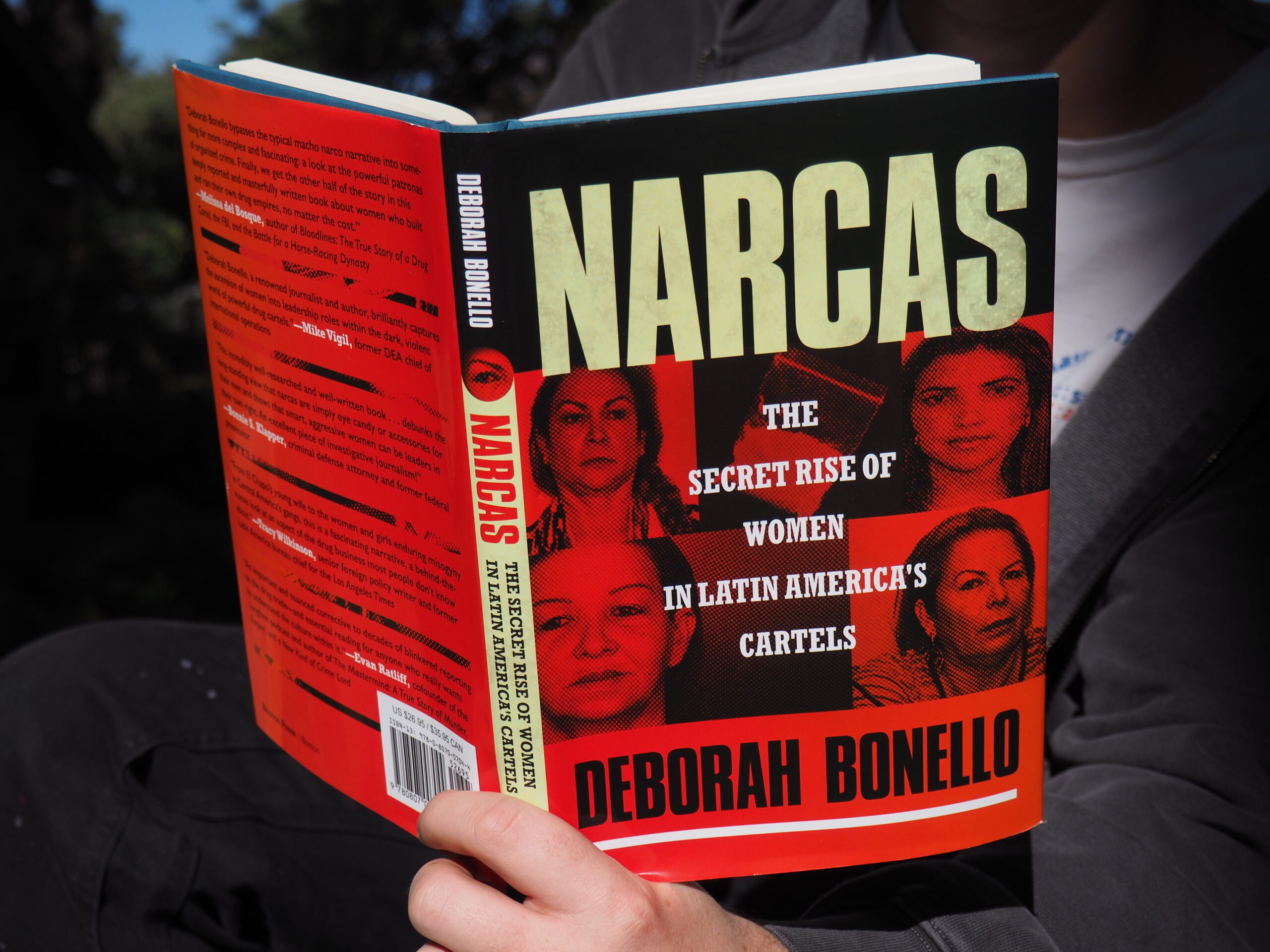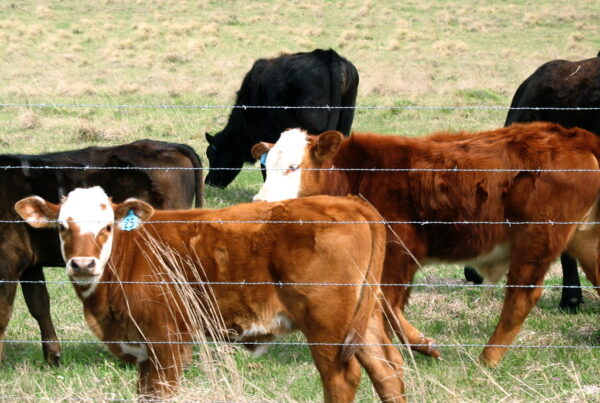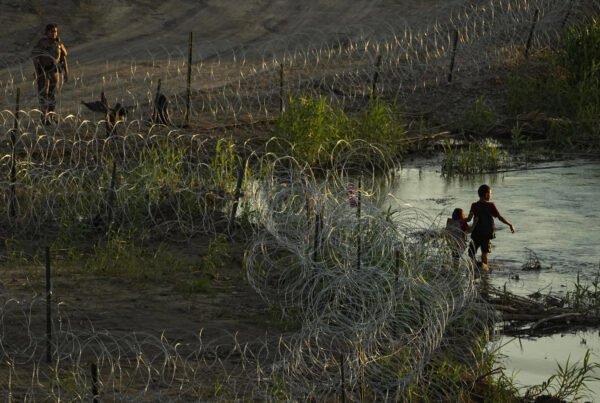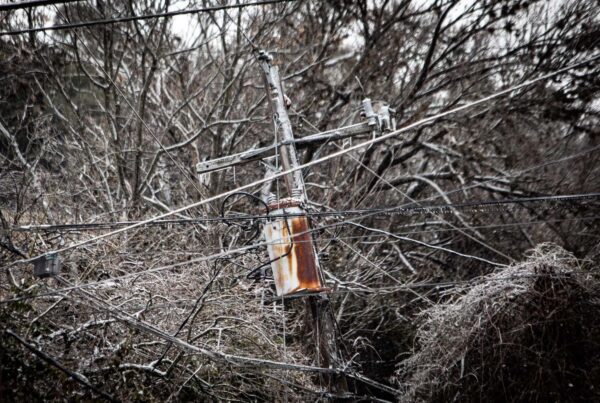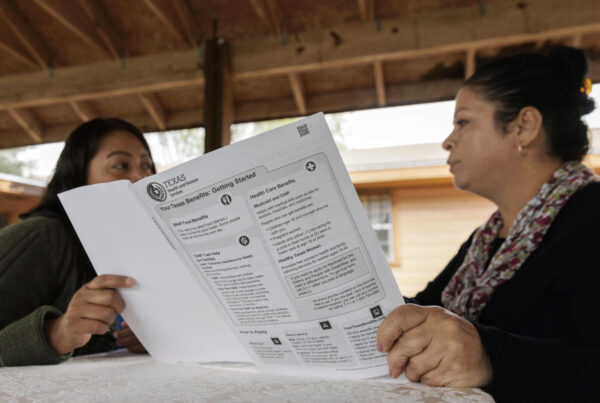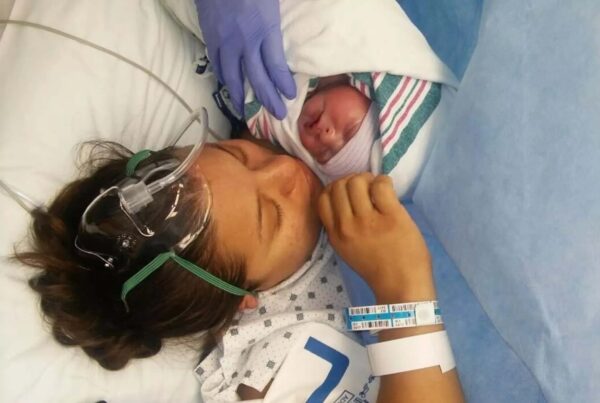Deborah Bonello, author of “Narcas: The Secret Rise of Women in Latin America’s Cartels” and editorial director for VICE News in Latin America, says her book describes the presence of women in the ranks of organized crime.
“The way that organized crime has been covered and presented in the media and in public conversations is that traffickers are, by definition, male,” Bonello said.
The few female drug traffickers that do get covered are generally “the high-profile trophy wives” who don’t actually have influence on the organizations. But “Narcas” covers women that use society’s gender roles to their advantage. These women can move around more freely, knowing people are going to be less suspicious of them.
“The book is actually pretty conceptual in the sense that it’s asking people to really question their perceptions and how our perceptions influence the way that we see things. And I think with women, there is such importance attached to, for example, the way that we’re not the violent gender – we mother, we’re nurturing, we’re caring, we’re peacemakers,” Bonello said.
“I think society’s quite offended by the idea that women can be mothers and commit crimes and traffic drugs – be that for the reasons of financial necessity or criminal ambition or the desire for power and status, which is why all sorts of men get into it, too. And I think society doesn’t like to see that.”
Bonello says people see what they want to see, and in the U.S., people are keen on sticking with the narrative that men are the only important characters in organized crime. She says the goal of the book is not necessarily to point out that there should be more women traffickers caught, but rather that as an audience, we should broaden our perspective. For decades, both men and women have been major players in the illegal drug trade.
“We need new thinking,” she said. “And I do hope that if we can see the way that the drug trade works more clearly and the way that women are fundamentally involved and their families and their social networks, then maybe we can better design strategies to lure people away from those ways of making a living, because it does create misery for not only drug users and the people who are under the sort of criminal governance of those drug cartels, but also most people eventually end up behind bars.”
The book tells the stories that have historically been left behind because of fears that they might not appeal to a wide audience. As a journalist, Deborah Bonello says she wanted to reveal all sides of the story. The women featured in “Narcas” are not only influential members of a violent organization, but are an integral part of its success.
“I want them to understand that women are everywhere in organized crime,” Bonello said. “I do understand and take very seriously the fact that they work for viscerally violent organizations who use violence and assassinations and physical threats as a fundamental part of their way of doing business. I want to make that clear.”


